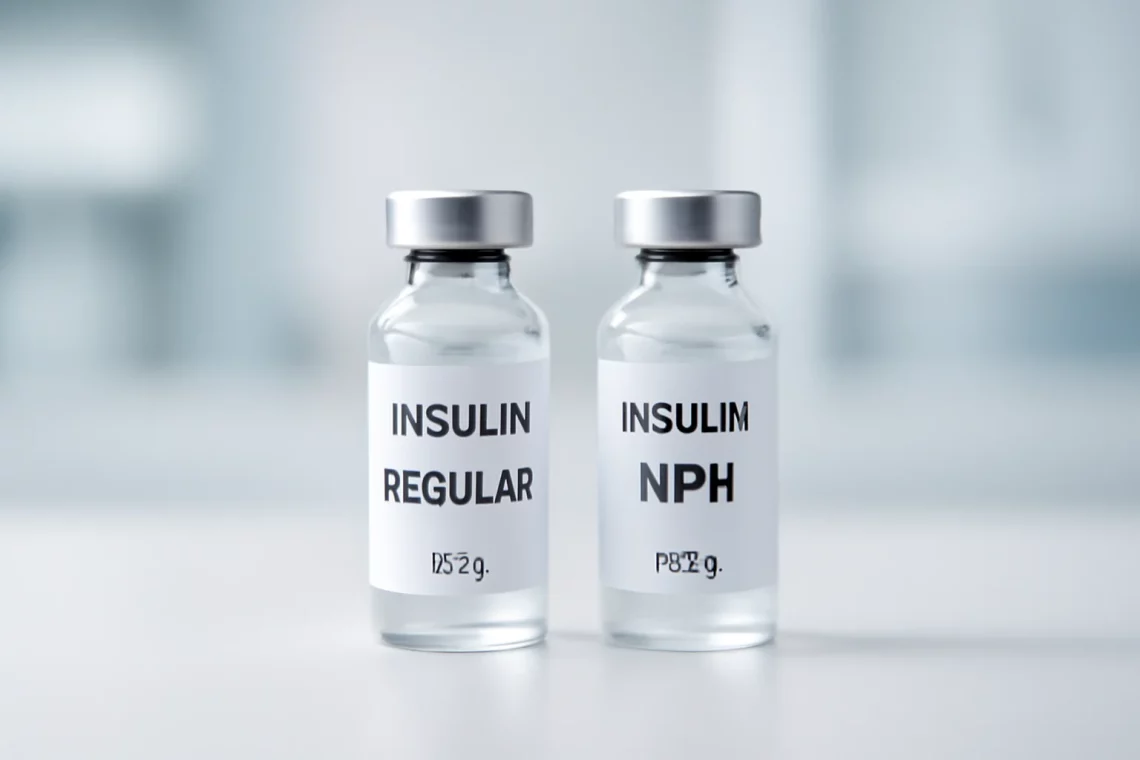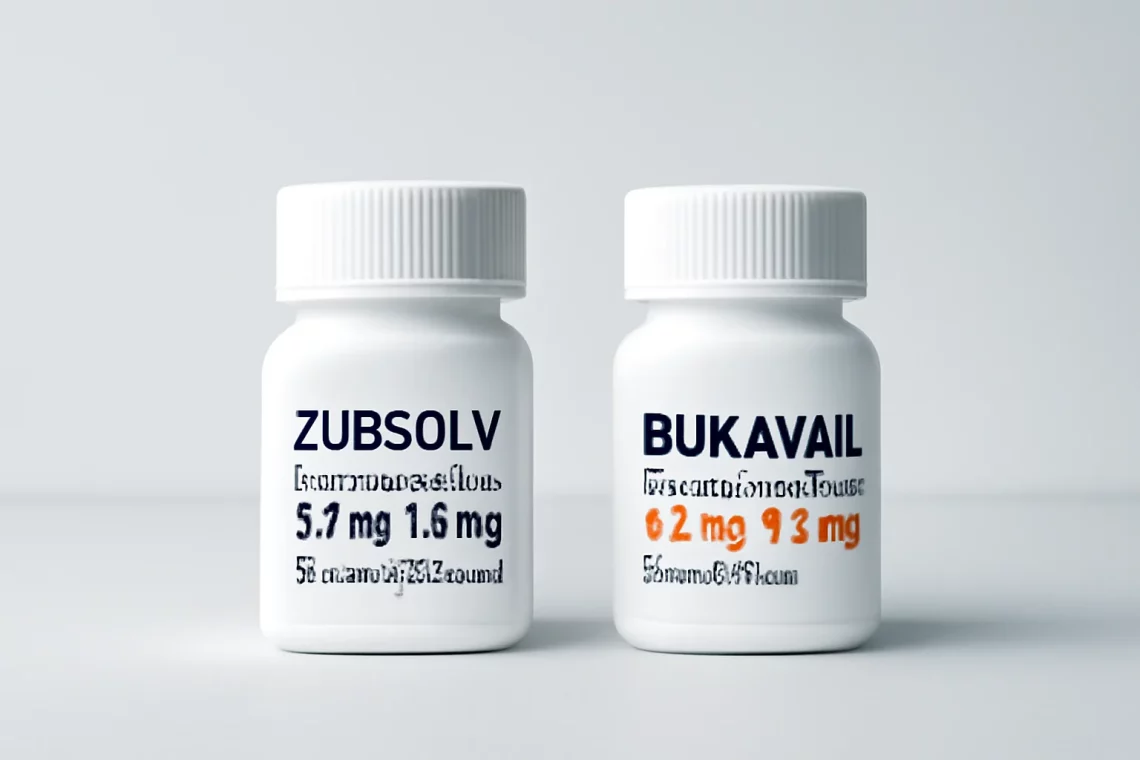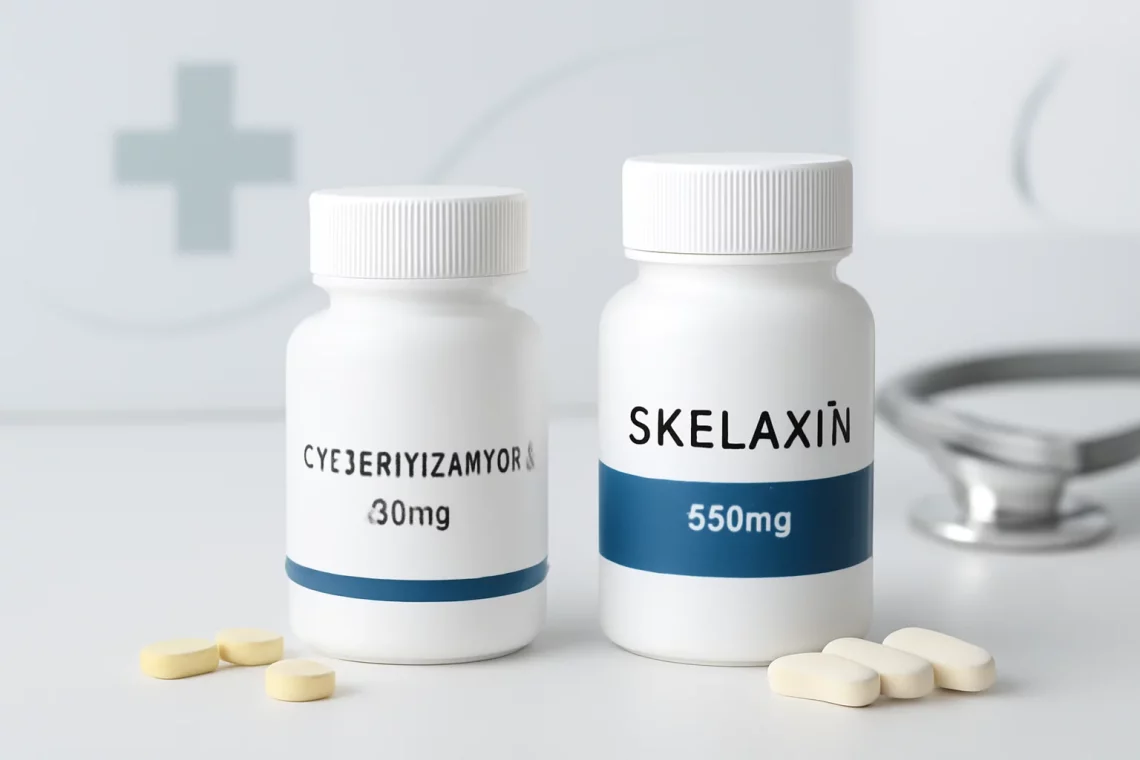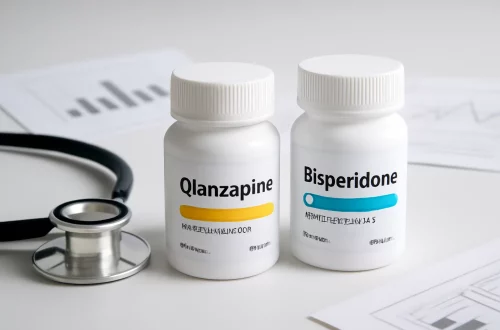Lifestyle
-
Januvia vs Glyburide: Which Diabetes Medication is Right for You?
Managing diabetes effectively is a critical aspect of maintaining overall health and well-being for those diagnosed with this chronic condition. The landscape of diabetes medications is diverse, with various options tailored to meet individual needs. Among the prominent medications prescribed are Januvia and Glyburide, both of which serve to regulate blood sugar levels but operate through different mechanisms. Understanding the differences, benefits, and potential drawbacks of these medications can empower patients and caregivers to make informed decisions about diabetes management. As diabetes continues to rise globally, it is essential for patients to familiarize themselves with the various treatments available. The choice between medications like Januvia and Glyburide can significantly influence…
-
Choosing Between Regular Insulin and NPH Insulin for Diabetes Management
Insulin therapy plays a crucial role in managing diabetes, a condition that affects millions worldwide. Among the various types of insulin available, Regular insulin and NPH (Neutral Protamine Hagedorn) insulin are two of the most commonly used. Understanding the differences between these two types of insulin can empower patients and caregivers to make informed decisions about diabetes management. Regular insulin, often referred to as short-acting insulin, is known for its quick onset of action. It’s typically used to control blood glucose levels around mealtimes, making it an essential component of many diabetes management plans. On the other hand, NPH insulin is an intermediate-acting insulin that provides a more prolonged effect,…
-
Citalopram vs Paxil: Understanding the Key Differences and Uses
Citalopram and Paxil are two medications frequently discussed in the context of mental health treatment, particularly for conditions such as depression and anxiety disorders. Both belong to a class of drugs known as selective serotonin reuptake inhibitors (SSRIs), which are designed to increase serotonin levels in the brain. This enhancement of serotonin activity is thought to improve mood and emotional balance. The choice between citalopram and Paxil often raises questions among patients and healthcare professionals alike, as each drug has its own unique profile of benefits and potential side effects. While both medications aim to alleviate symptoms of mental health disorders, they can differ significantly in their effectiveness, tolerability, and…
-
Zubsolv vs Bunavail: Which Medication is Right for You?
In recent years, the opioid crisis has prompted the development of various medications aimed at helping individuals struggling with opioid dependence. Among these medications, Zubsolv and Bunavail have emerged as popular options. Both are designed to assist individuals in managing their addiction and reducing cravings. However, despite their similar purposes, these two medications possess distinct characteristics that may influence a patient’s choice. Zubsolv and Bunavail are both formulations of buprenorphine and naloxone, two active ingredients known for their effectiveness in treating opioid use disorder. Buprenorphine works by partially activating opioid receptors in the brain, alleviating withdrawal symptoms and cravings, while naloxone serves to counteract the effects of opioids in case…
-
Botox vs Juvederm: Which Anti-Aging Treatment Is Right for You?
Botox and Juvederm are two of the most popular non-surgical cosmetic treatments available today. Both options have gained significant attention for their ability to help individuals achieve a more youthful appearance. While they are often mentioned in the same breath, Botox and Juvederm serve different purposes and utilize different methods to enhance appearance. Understanding the distinctions between these two treatments can help individuals make informed decisions based on their unique aesthetic goals. As the demand for anti-aging solutions continues to rise, many people are seeking quick and effective ways to rejuvenate their skin without the need for invasive procedures. The allure of looking younger and feeling more confident has prompted…
-
Cyclobenzaprine vs Skelaxin: Comparing Muscle Relaxants for Pain Relief
Cyclobenzaprine and Skelaxin are both widely used medications in the realm of muscle relaxants. These medications play a crucial role in alleviating muscle spasms and discomfort, often resulting from injuries, overexertion, or conditions such as fibromyalgia. Understanding the differences, benefits, and potential side effects of these drugs is essential for patients considering their use. The choice between Cyclobenzaprine and Skelaxin can significantly influence treatment outcomes, as each medication has its unique properties and indications. As muscle relaxants, they act on the central nervous system to reduce muscle tension and enhance mobility, which can be particularly beneficial in rehabilitation settings. Both medications have their advocates and specific circumstances under which they…
-
Clonazepam vs Diazepam: Key Differences and Uses Explained
Clonazepam and diazepam are two medications belonging to the benzodiazepine class, widely used for their anxiolytic, anticonvulsant, and muscle relaxant properties. Both drugs have been prescribed for various conditions, including anxiety disorders, panic attacks, and seizures. Their effectiveness and the specific situations they are prescribed for can vary widely, making it crucial to understand their unique characteristics, benefits, and potential side effects. As mental health awareness grows, understanding the differences between these medications becomes increasingly important for patients and healthcare providers alike. While both clonazepam and diazepam serve similar purposes, they also have distinct pharmacological profiles, which can influence treatment decisions. The choice between clonazepam and diazepam often depends on…
-
Diclofenac vs Meloxicam: Which Pain Reliever Is Right for You?
Diclofenac and meloxicam are two commonly used non-steroidal anti-inflammatory drugs (NSAIDs) that play a significant role in managing pain and inflammation. These medications are often prescribed for conditions such as arthritis, muscle pain, and various forms of acute pain. While both diclofenac and meloxicam share similar mechanisms of action—primarily inhibiting cyclooxygenase enzymes to reduce the production of prostaglandins—they differ in various aspects, including their pharmacokinetics, usage, and side effects. Choosing between these two medications can be challenging, especially for patients who are looking for effective pain relief without compromising their health. Understanding the distinctions and similarities can empower patients and healthcare providers to make informed decisions tailored to individual needs.…
-
Metformin vs Januvia: Which Diabetes Medication Is Right for You?
Metformin and Januvia are two medications frequently used in the management of type 2 diabetes, a chronic condition that affects the way the body processes blood sugar (glucose). As diabetes rates continue to rise globally, the importance of effective management strategies cannot be overstated. These medications play a crucial role in helping individuals maintain their blood sugar levels within a healthy range, thereby reducing the risk of complications associated with uncontrolled diabetes, such as heart disease, nerve damage, and kidney issues. Understanding the differences and similarities between Metformin and Januvia is essential for patients, caregivers, and healthcare providers alike. While both medications aim to improve glycemic control, they do so…
-
Vraylar vs Latuda: A Comprehensive Comparison of Two Antipsychotics
Vraylar and Latuda are two medications that are commonly prescribed for the treatment of psychiatric disorders, particularly schizophrenia and bipolar disorder. Both drugs belong to a class of medications known as atypical antipsychotics, which are designed to manage symptoms such as hallucinations, delusions, and mood swings. While they share similar mechanisms of action, they also have unique properties that differentiate them in terms of efficacy, side effects, and patient experience. In recent years, the understanding and treatment of mental health conditions have evolved, leading to the development of newer medications that aim to improve patients’ quality of life. Choosing the right medication is crucial for effective treatment and can significantly…






































